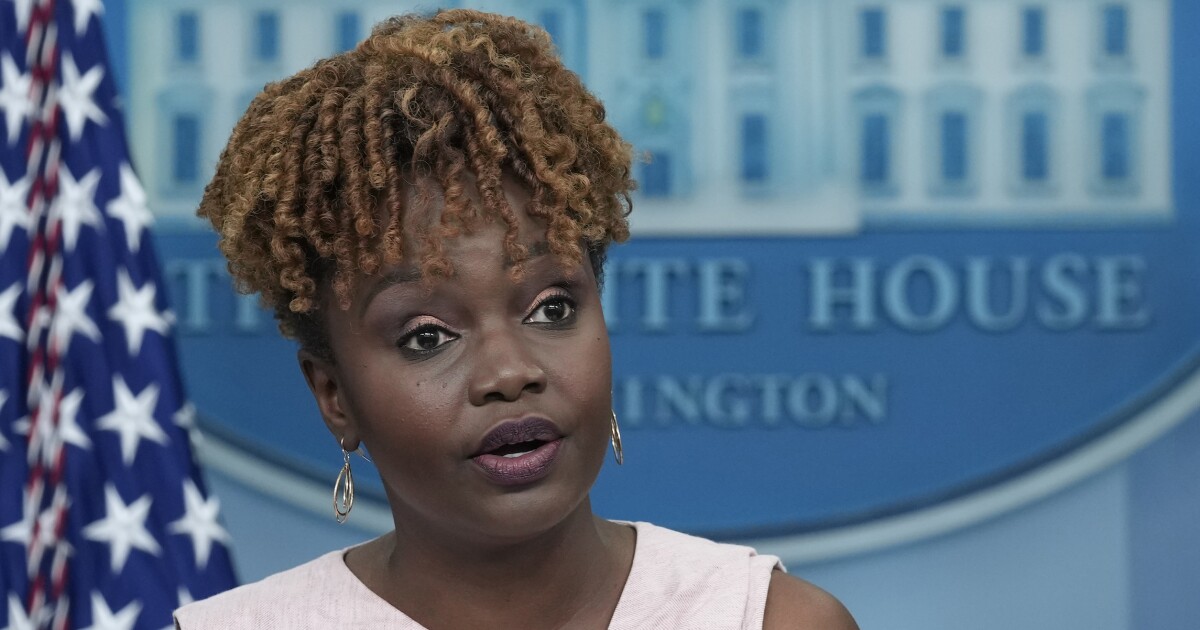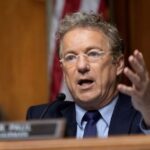

The Biden administration suffered a major setback Tuesday morning over its social media policy but so far appears to be pushing ahead undaunted.
Louisiana District Judge Terry A. Doughty blocked more than 40 administration officials from communicating with Big Tech firms, concluding they had collaborated to suppress disfavored speech.
CRUEL SUMMER: BIDEN FACES BRUISING FEW WEEKS OF SETBACKS AND SCANDAL
“If the allegations made by plaintiffs are true, the present case arguably involves the most massive attack against free speech in United States history,” Doughty wrote in his preliminary injunction. “In their attempts to suppress alleged disinformation, the federal government, and particularly the defendants named here, are alleged to have blatantly ignored the First Amendment’s right to free speech.”
The preliminary ruling also predicted the plaintiffs, attorneys general from Louisiana and Missouri, would succeed on the merits at the final ruling. However, when asked by the Washington Examiner on Wednesday, White House press secretary Karine Jean-Pierre said she firmly disagrees.
“We are going to continue to promote responsible actions,” she said. “That is something that we’re going to continue to do to make sure we protect public health and make sure there is safety and security.”
The Department of Justice announced later that day it would appeal the decision, arguing it is necessary and responsible to protect public health, safety, and security during times of increased.
However, some of the speech that was censored across 2021 and 2022 later turned out to be accurate, and some was not related to the then-current COVID-19 pandemic. One example Doughty cited was suppression of the Hunter Biden laptop story ahead of the 2020 presidential election.
Regarding the pandemic itself, claims from government officials about the efficacy of mask mandates and the possibility of a lab leak being the true origin of COVID-19 were greatly exaggerated.
Andrew Noymer, a University of California, Irvine public health professor who was at times outspoken during the pandemic, said there should be limits to government action even in times of emergency.
“The role of public health should be to do the things it deems necessary within the laws of the country,” he said. “It should not be to suspend the Bill of Rights. I believe a masking order is constitutional in a public health emergency, but I don’t believe that interfering with freedom of expression behind the scenes is.”
Noymer cited the issue of whether vaccines prevented transmission of the virus as one that evolved in a short period of time. Yet government officials continued to insist the vaccinated could not spread the disease even as information emerged to the contrary.
The Foundation for Individual Rights and Expression also celebrated the ruling, with its public advocacy director, Aaron Terr, saying the government acted like an Orwellian Ministry of Truth with a censorship campaign that should deeply concern everyone.
But there are more nuanced questions regarding how the government and social media firms will interact going forward. A key question is who is doing the censoring — private companies that own platforms such as Facebook and Twitter or the government itself. Jean-Pierre stressed that social media companies have a responsibility for the effect of what is posted on their platforms.
American Civil Liberties Union staff attorney Vera Eidelman noted this tension in a statement, saying the government cannot “be an actual bully” by using coercive state power but acknowledging a gray area.
“It’s not clear, however, that simply asking about the existence or availability of content that the government doesn’t like, or what companies are doing to offer or minimize access to it, crosses that line,” she said.
The Biden administration has found itself on the wrong end of several court cases stemming from its actions during the pandemic, with judges striking down an eviction moratorium, the federal mask mandate, a vaccine mandate for private employers, and, most recently, President Joe Biden’s student loans plan that rested on the pandemic for legal justification.
Given that the DOJ is appealing, it may take another action from a court to get the White House to change tactics regarding interactions with Big Tech and fighting against what it deems to be misinformation.
The case is likely to wind up before the Supreme Court, according to Bloomberg, which has taken a dim view of expansive executive branch power in recent terms.
CLICK HERE TO READ MORE FROM THE WASHINGTON EXAMINER
But Jennifer Jones, staff attorney at the Knight First Amendment Institute, predicted the administration might be in for at least a partial victory this time.
“The court’s order is very broad,” she said. “If left in place, it will bar the administration from engaging with the platforms in any way on matters relating to content moderation, with a limited number of exceptions. If Judge Doughty doesn’t narrow the order, the appeals court is almost certain to do it for him.”





